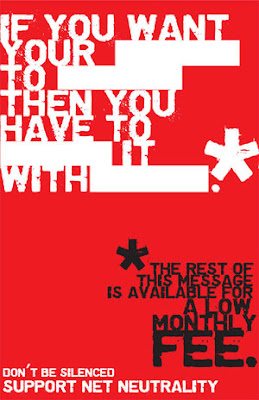
Japanese children love their cell phones. These sixth graders are addicted to using the Internet and exchanging emails all day to all wee hours of the night. And get this: the ones that don't reply to their email within the first 30 minutes will get ridiculed by other classmates. About one-third of sixth graders and more than half of ninth graders have them. Wow, I didn't even get my first cell phone until I entered college and I thought I was lucky, but I guess these kids hit the jackpot!
The Japanese government is now concerned about child safety and is starting a program to inform parents to limit their children's cell phone usage. In addition, they are asking Japanese developers to make cell phones with only the talking function along with a GPS device for child safety reasons.
There's the good and the bad about young children having cell phones. You can definitely keep in touch and reach your children at all times, that is if they don't ignore your calls. On the other hand, children can easily become victims of Internet crimes, not to mention phones can be a great distraction in school and out.
So what's next? Will 7th-graders all have credit cards soon too? I wouldn't be surprised.







